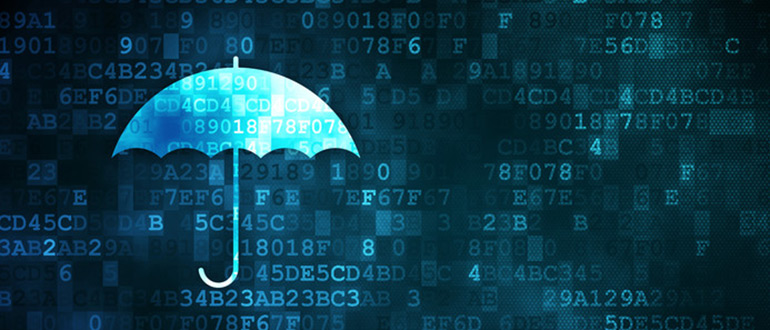The Demand for Cyber Insurance has Skyrocketed
The demand for cyber insurance has skyrocketed in the last few years. The business, currently valued at $7.8 billion, is predicted to grow to $20...

Cyber insurance is a rapidly growing trend in the insurance industry, as more and more businesses and individuals become aware of the potential risks and consequences of cyberattacks. The number of cyber insurance plans bought over the past few years has significantly increased, and their scope of coverage has also expanded.
The rising frequency and level of sophistication of cyberattacks are one of the key factors influencing the demand for cyber insurance. The risk of cyber-attacks increases as technology grows more sophisticated and linked. This is especially true for businesses, as they frequently store private customer and financial data that cybercriminals may find lucrative. Businesses can get the security they need from cyber insurance to lessen the financial toll of a cyber assault, including paying for data breaches, legal fees, and business interruption.
The expanding use of data analytics to assist in risk assessment and mitigation is another trend in cyber insurance. Data analytics is being used by insurers to create more precise and specialized insurance plans and gain a better understanding of the risks that their policyholders face. This entails looking into information on previous cyberattacks and data breaches, as well as information on the particular risks and vulnerabilities faced by different firms. Data analytics enables insurers to more precisely determine the possibility of a cyberattack and the potential effects it may have on a company, enabling them to provide more specialized and efficient coverage.
Although the rise in cyber insurance is generally regarded as a good thing, some difficulties have emerged recently. The rising cost of cyber insurance plans is one of these issues. The price of these plans has increased in tandem with the growth in demand for cyber insurance. In some circumstances, the price of cyber insurance has dramatically climbed in recent years, increasing the cost of coverage for both organizations and people.
The growing number of minimum standards that must be completed to qualify for coverage presents another difficulty relating to the cost of cyber insurance. Some insurers have imposed harsher coverage restrictions, such as greater minimum limits and more demanding underwriting standards. Even if they are interested in getting coverage, this may make it more challenging for some firms and individuals to qualify for cyber insurance.
Despite these difficulties, the demand for cyber insurance is anticipated to grow as more people and businesses become aware of the dangers and repercussions of cyberattacks. Both businesses and individuals can select the best cyber insurance policy to suit their unique requirements and financial limits by consulting with an insurance professional and carefully examining their demands. Businesses need to have the necessary safeguards to lessen the financial effect of cybercrime as the danger of such attacks rises. Insurers assist in being more ready for the dangers and repercussions of a cyberattack by providing specialized and comprehensive coverage.

The demand for cyber insurance has skyrocketed in the last few years. The business, currently valued at $7.8 billion, is predicted to grow to $20...

In today's digital age, the risk of cyber threats looms more significant than ever. Businesses of all sizes, from small startups to large...

Cyber insurance offers businesses protection from financial losses created by cyber-attacks, including system hacking, data breaches, and ransomware...